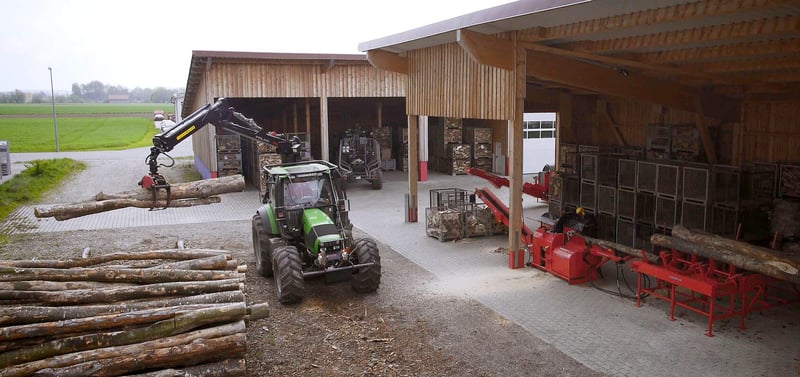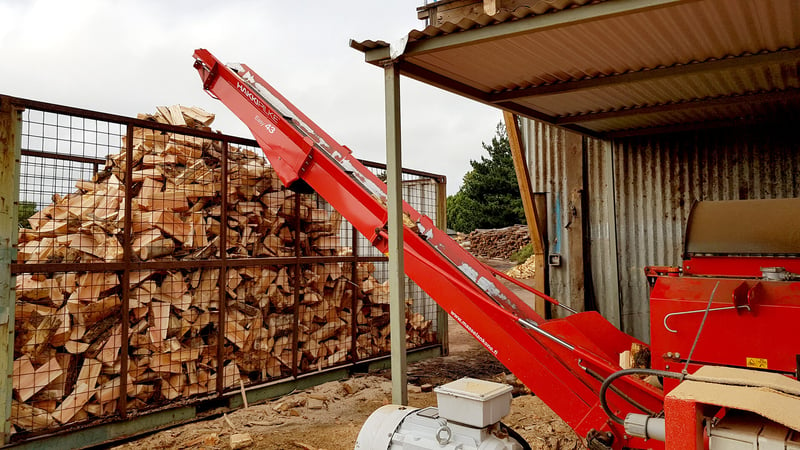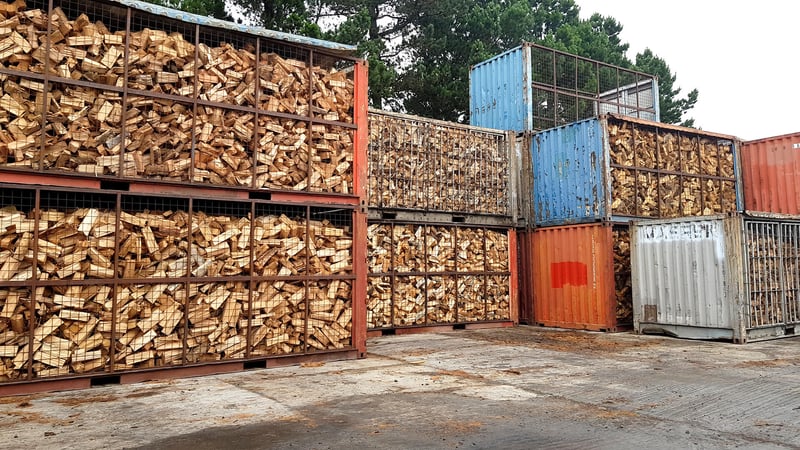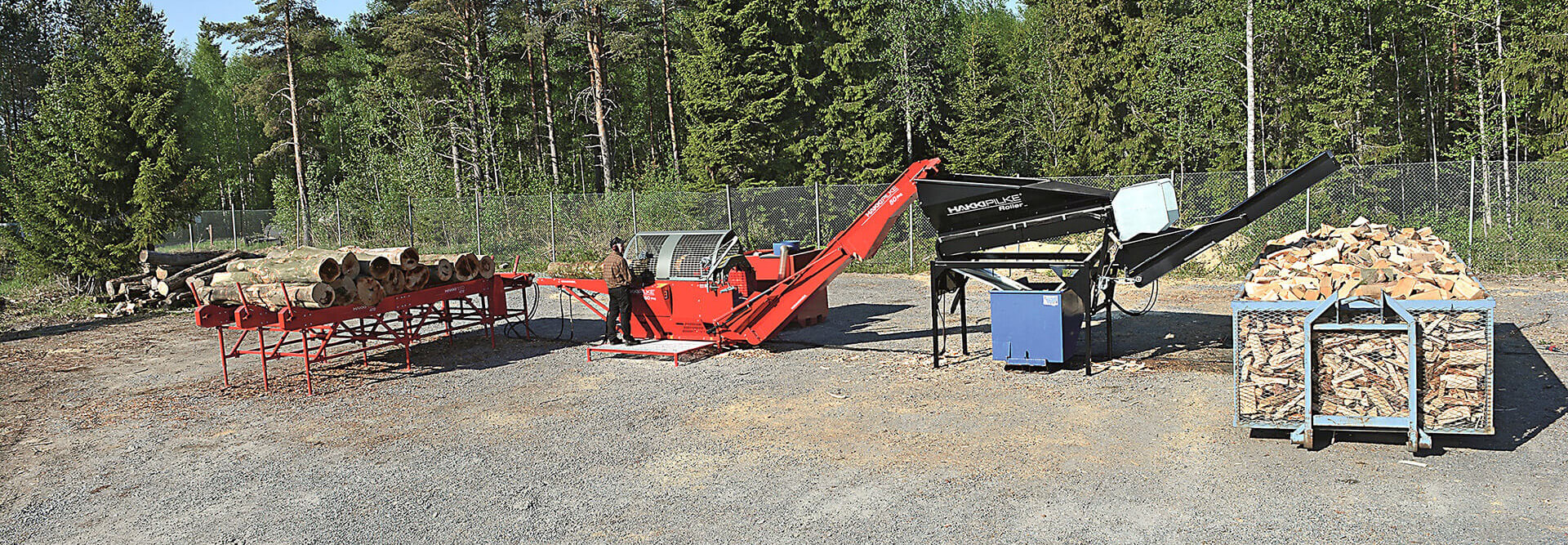Are you aware of the steps you can take to increase the profit potential of your firewood business and add value to your production?
Offering seasoned and high-quality firewood enables you to ask for higher firewood prices. Selling mixed piles of firewood consisting of various firewood species and debris means less work but also translates to lower profits.
Understanding Your Customers
Take a moment to consider these questions: Why do people burn firewood in your area? Do you have an understanding of how many people heat their houses with firewood and which firewood sizes they prefer? Look for campsites, wood-fired BBQ restaurants and retail stores that might be looking to buy firewood in bundles.
How often do your customers need to restock and how do they like their firewood delivered? Studying the needs of your customers is crucial for meeting these demands and planning your firewood production accordingly.
After studying the market you need to find the right machine to meet these requirements.

Finding a Reliable Supply of Logs
Source your logs from multiple suppliers to ensure that you will always have logs available even when your main supplier might be struggling with deliveries. This also enables you to source different kinds of logs for varying firewood orders helping you grow your business towards new segments.
Finding a log supply with consistently sized logs is best for business as you can purchase the most efficient processor for that specific log size. If this is not possible, purchase a large enough firewood processor with multiple splitting wedge options for most of your logs.
Sort out small and large diameter logs and choose the splitting wedge accordingly for efficient processing of firewood. All irregularly large parts of logs can be split easily with a log splitter.
Process smaller logs into kindling or packaged firewood efficiently using machines with fast splitting cycles and simultaneous cutting and splitting motions. Processing small logs into firewood often means higher profits compared to chipping it.
Large diameter logs requires high splitting power, which means that the same processor might not be efficient for smaller logs. If your business is large enough, invest in several sizes of firewood processors for maximum efficiency.

Building a Profitable Firewood Business
While one person operates the firewood processor another person can take care of loading the logs, moving out the finished firewood and taking orders.
Look for a processor with a sufficiently sized live deck to avoid constant need for reloading.
It is usually more effective to plan the movement of logs to the machine than hauling your firewood equipment around the yard. Install your firewood processor on to a concrete slab for easy collection of sawdust, separation of debris and kindling, and build a shed to protect your operator from the weather.
Establish a process for moving finished firewood to storage and always keep the finished products off the ground for a more efficient drying process. Consider hiring part-timers for packaging, stacking and other duties in the yard or invest in crates or firewood bags for easy deliveries.

Extra tip! Having the right equipment is crucial for growing your business. A crane-mounted
trailer comes in handy when doing mobile processing jobs. Transport your processor and live deck on the trailer and after unloading the equipment use the trailer crane to load logs on to the live deck. Pricing your mobile jobs accurately is important because you lose valuable time during the transportation and you are away from your own production-efficient firewood yard.
Stay tuned! Our next article will introduce different customer segments and typical firewood requirements for higher customer satisfaction.
We have developed a simple questionnaire to help you find the right firewood processor for your needs. Read more about the cutting-edge solutions Hakki Pilke has to offer by visiting our website.


